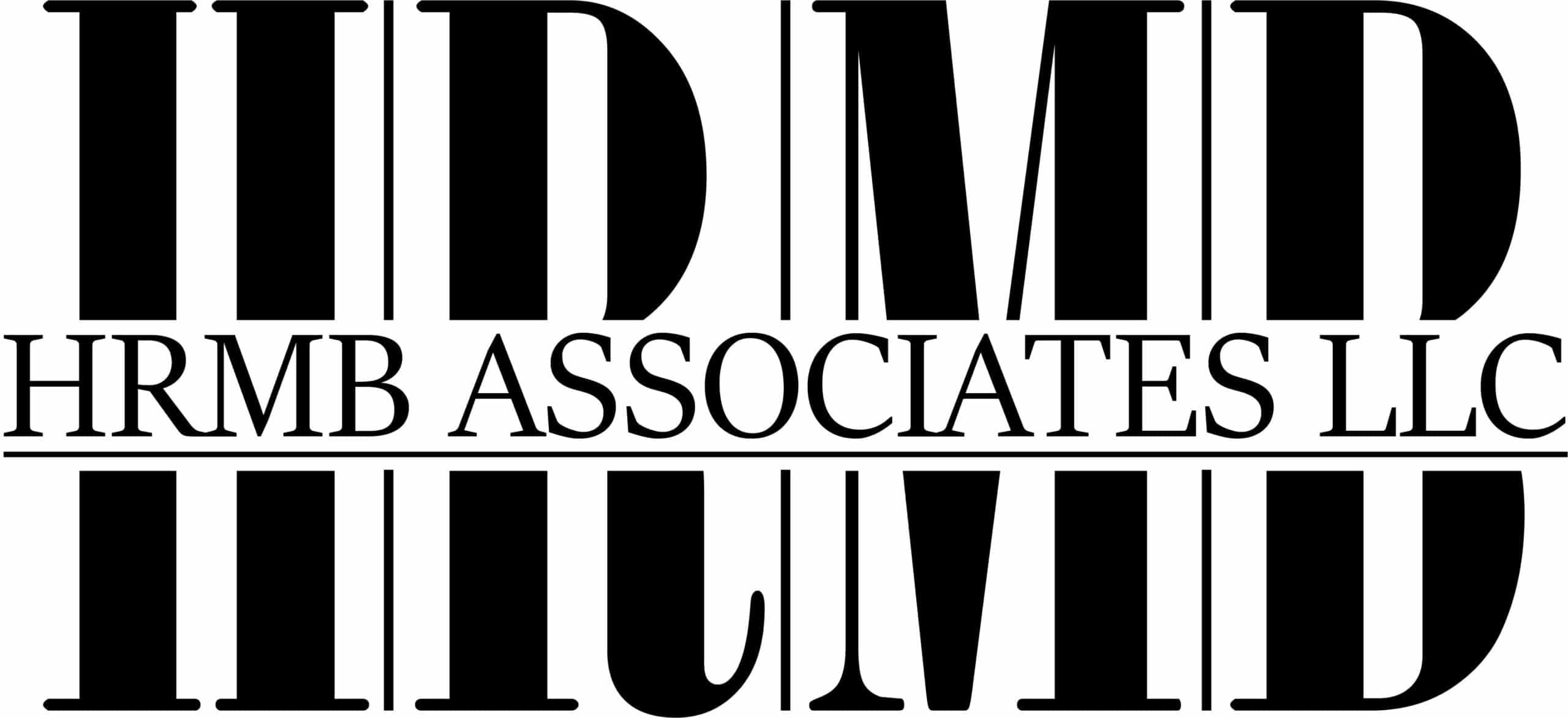How Can Small Businesses Take Maximum Advantage Of Tax Benefits With These Tax Planning Strategies?

Taxes are unavoidable. Just as you would not want to splurge on other needs, you certainly don’t want to overspend on taxes. The key to thrifty shopping is doing your research and sticking to a budget. The same can be applied when it comes to lowering your tax payment.The complexity of the tax system makes tax planning tactics even more vital. The unfamiliar areas of liabilities, deductions, and financial solutions for safeguarding assets and preparing for the future may be difficult for first-time taxpayers to comprehend.
Investing in developing tax preparation tactics yields other benefits in addition to tax savings. Individuals and small businesses can use the procedure to manage their finances better, minimize total capital outflow, and put more money in their wallets. In this blog, we will discuss tax planning in detail. Moreover, we will also enlighten you with top tax planning strategies for small businesses.
What Is Tax Planning?
Tax planning is the process of making financial decisions in order to save money on taxes. It aims to lower one’s tax liabilities by maximizing the use of tax exemptions, refunds, and advantages. Tax planning entails making financial and commercial decisions to reduce the tax burden. This allows you to make use of all tax-saving provisions lawfully. It allows people to think about their finances and taxes from the start of the fiscal year rather than waiting until the last minute.
Significance Of Tax Planning
There are a few major objectives of tax planning. Tax planning reduces taxpayers’ tax liability by allowing them to save money possible by arranging their financial activities according to tax decisions. It also complies with taxation regulations, reducing the likelihood of legal action. One of the most significant advantages of tax planning is that the profits can be invested.
It is the most efficient technique to make wise investments while maximizing the resources available due to tax advantages. Investing tax income generates white money, which helps the country’s economic progress. As a result, tax planning benefits individuals, companies, and the country’s economic stability.
Suggested Tax Planning Strategies For Small Businesses
Year-end tax planning strategies are quite important for a business’s success. Even if you are a sole owner with no other employees on your payroll, the amount of meticulous planning you put into business tax management can have a substantial impact on the amount of tax you pay at the end of the year.
It’s easy to benefit from timely tax benefits, strategically manage your revenue and expenses, and utilize tax deductions as an incentive to reward both yourself and your staff by planning ahead and paying attention to your taxable business income. Here are a few small business tax tips 2022 that you might be able to take advantage of:
Accelerate Or Defer Income
For their records and tax filings, many small businesses employ the cash method of accounting. The cash method requires a company to recognize income when it is received and expenses when they are paid, in other words, when money changes hands.
This strategy opens up the possibility of tax planning. If you expect to be in a lower tax bracket next year, you may want to consider deferring some income until then.
Invest In Business Equipments
Businesses can lower their taxable earnings at the end of the fiscal year by purchasing equipment, supplies, and other assets that will be used in the future.
This can be a terrific strategy to lower your taxes payable in a single tax year, especially if you predict that tax year’s taxable profit to be higher than the year before.
Also read:- Top 5 Small Business Functions That Can Be Easily Outsourced
Consider A Tax Status Change
You have various alternatives for structuring your business as a small business owner. As a sole proprietor, a partnership, a limited liability company (LLC), an S corporation, or a C corporation, you can operate in numerous ways.
Your tax situation is influenced by the business structure you choose. If your company has outgrown its current structure, you may be able to switch to one that is better suited to your everyday needs.
Make A Retirement Account
You can lower your taxable income by opening or contributing to a retirement account. It must be one that the IRS recognizes in order to delay taxes on earnings until they are withdrawn.
IRAs and defined contribution plans, such as a 401(k), are examples of these accounts. You can deduct payments to a 401(k) plan made before the end of the tax year when you file your tax return. It is considered one of the top business tax planning strategies.
Help Employees With Student Loans
Employers can now take deductions of up to $5,250 per year per employee through 2025 when assisting with student loan repayments. The employees will not be taxed, thanks to COVID-related legislation.
Given the staggering amount of student debt that many younger workers are saddled with, a special payment or bonus would go a long way to them at the end of the year. It could be a smart incentive to consider recruiting new employees.
Maximize Your Deductions
One of the most typical tax blunders made by small business owners is failing to maximize their deductions during tax season. You have the right to deduct certain expenses, losses, and fees from the amount of taxes you owe as a business owner.
These deductions can help you save a lot of money on your taxes, so keep track of them. It’s critical to maintain proper company records, receipts, and documentation to show your expenses to the IRS for each deduction you claim.
Take Benefit Of Tax Credits
Tax credits might help you reduce your income, which means you owe the IRS less. Tax credits are provided for recruiting staff and giving disabled employees and the general public access to your business, among other things.
The vast majority of these credits are included under the General Business Credit, allowing most business owners to take advantage of tax credit options. Small business tax credits can be complicated to understand and track, but the tax savings are well worth the effort.
Seek Professional Help
Working with a reputable authority who can assist you in maneuvering your firm through the complexities of the tax legislation can be an effective strategy. A qualified tax professional can help you with more than just filing your taxes.
They can also provide you with smart, proactive advice on maximizing your deductions. Regularly communicate with your tax advisor to better know the potential to lower your tax bills.
Benefits Of Partnering With HRMB Associates LLC
For a small business owner, tax planning and preparation can be extremely hard for a small business owner. Working with a seasoned accounting firm is, therefore, a wise investment.
The tax planning services provided by HRMB Associates LLC find tax loopholes for small business to make life easier for business owners. You may focus more of your spare time building your business and making profits rather than worrying about tax forms. Let us find out some major benefits a small business can get while working with us.
With our professional experts, you will be aware of changes in tax regulations and laws. Furthermore, we will help you save a significant amount of time. Human nature is likely to make a mistake. You may be making a lot of blunders as a new business owner. However, if you hire our tax planners, it’s safe to assume that they will handle everything independently and ensure fewer mistakes are made.
Besides this, hiring a tax consultant provides you with peace of mind. Tax planning is considered a hectic job. No one can deal with the burden of taxation on their own, but seeking the assistance of our professionals can alleviate the load. With the consultant’s assistance, you will have complete peace of mind.
If you are looking for a combination of expertise and personal services, HRMB Associates LLC is here to help you. We provide a wide range of services such as bookkeeping, data entry, HR consulting, tax planning, and preparation at the most affordable rates. We look forward to assisting you in achieving your financial objectives.


